#david and ty
Explore tagged Tumblr posts
Text



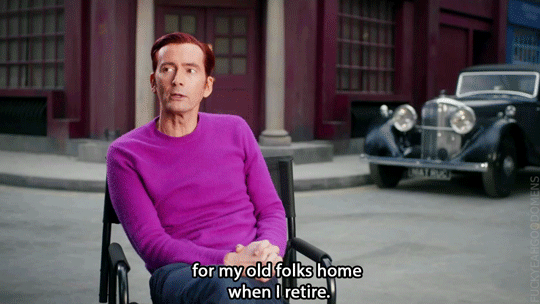

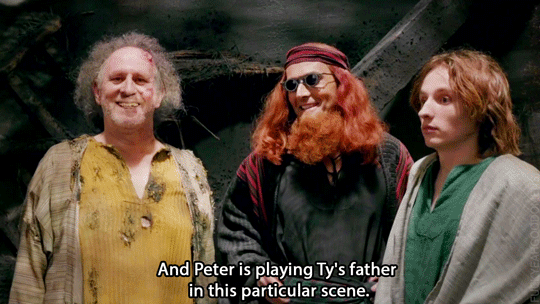
David: One of Job's sons is played by a very promising young actor called Ty Tennant. He's got a great future ahead of him, I hope, because I'm hoping he'll pay for my old folks home when I retire. This is my father-in-law, Peter.
Peter: Hello.
David: And this is my son, Ty. And Peter is playing Ty's father in this particular scene.
#good omens#goodomensedit#gointerviewedit#david tennant#ty tennant#peter davison#bts#david interview#interview#tennants#the tennant clan#fun fact#david and ty#david and ty and peter#2ep2#job's minisode#job#ennon#s2 interview
14K notes
·
View notes
Text

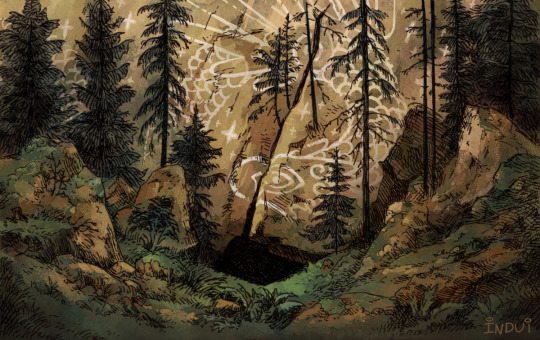


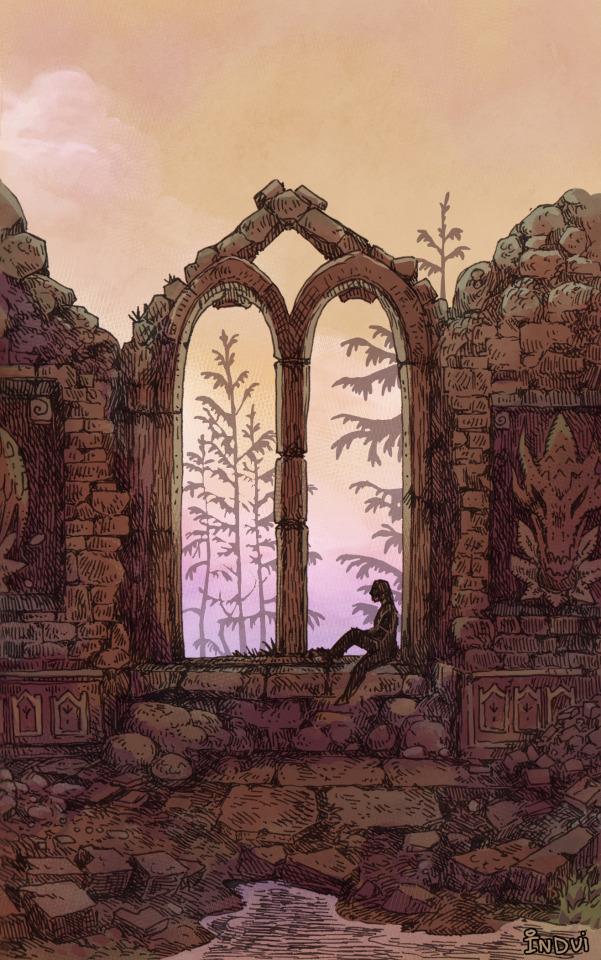
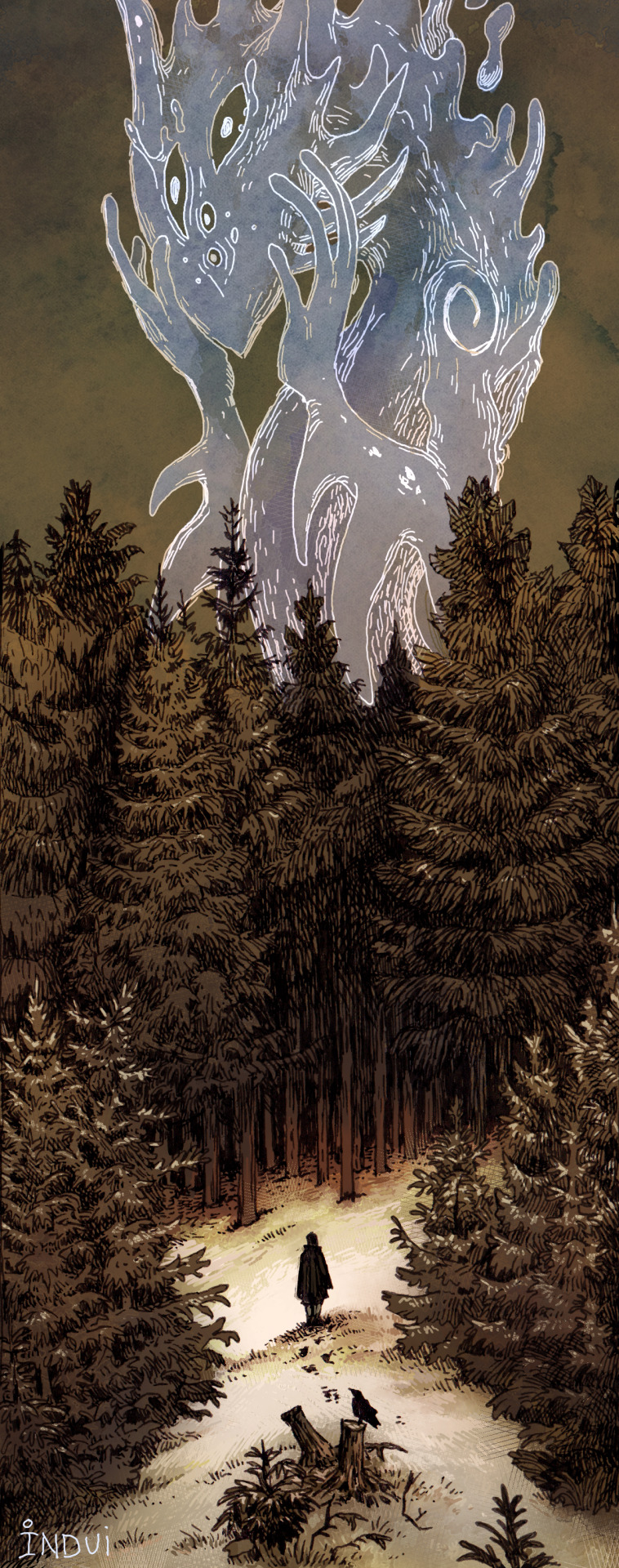

I recently bought an art book on Caspar David Friedrich, whose emotional work stuck with me since I first saw it in a museum years ago. Over the course of a few weeks, I read about his life and at the same time did studies/interpretations of many pieces. It was a really enjoyable and fulfilling project; here's a good lot of them together :)
I was happy to see many people enjoyed Friedrich's work+my interpretations while posting them individually. It took way too long, but I FINALLY set up a print shop for some of these + some other pieces for those who expressed interest. Thank you so much!
#hi again :D im back after my bimonthly haitus#friedrich#caspar david friedrich#art#fantasy art#fantasy creatures#dragon#dragons#god i had so many issues trying to put together a print shop yall....#i'm glad it's finally done#i'll put a more print-focused advertisement together later#ty for the patience :"D#i've been working on a TON of stuff lately#I actually really like this setup-- where I quietly work on lots of things for months#and submit it in bulk over the course of a few weeks of activity#mentally a really nice method for me
12K notes
·
View notes
Text



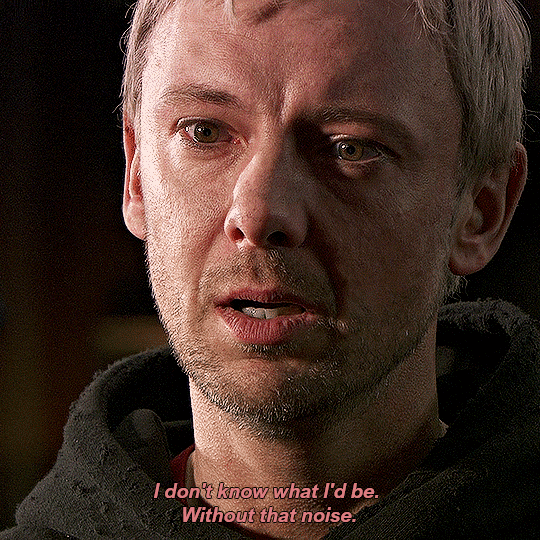


"Wilf quiet, fascinated by these two" THE END OF TIME: PART TWO, 2010
#doctor who#tenth doctor#simm!master#doctor x master#thoschei#best enemies#the doctor#the master#tvedit#dwedit#rtdedit#timelordgifs#david tennant#john simm#mine#this exact set must have been made a billion times#but i am Back On My Bullshit more than ever#so have it again#this scene is just AHHHHHHHHHHHHHHHHHHHHHHH#i have some complicated feelings about rtd's master characterisation#but this was a blessing and i ask that he please does it again ty#also the script is so funny like me too wilf#me too man#1k#1.5k
2K notes
·
View notes
Text
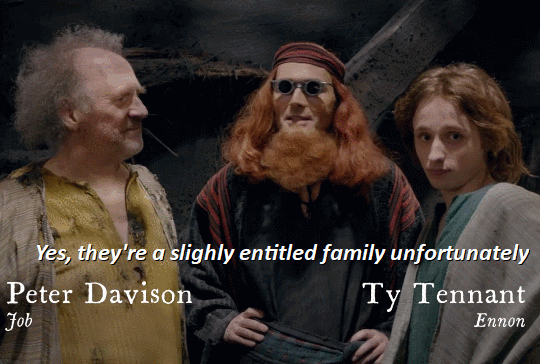
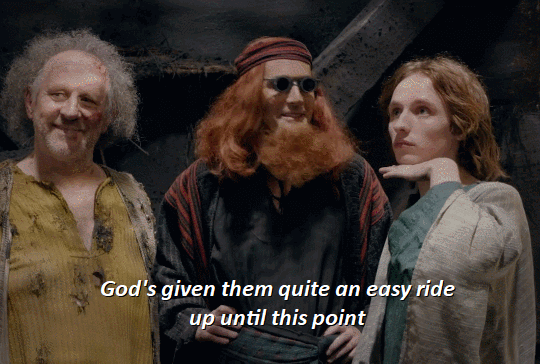
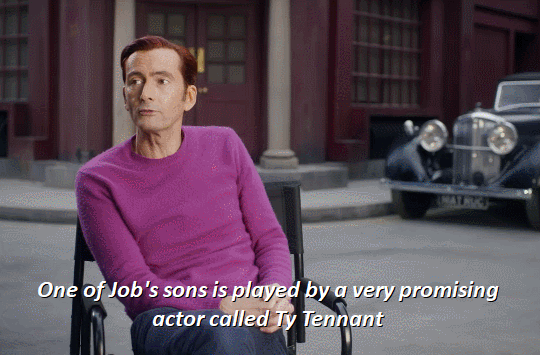
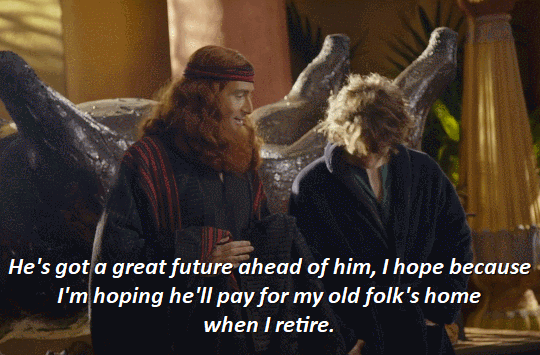
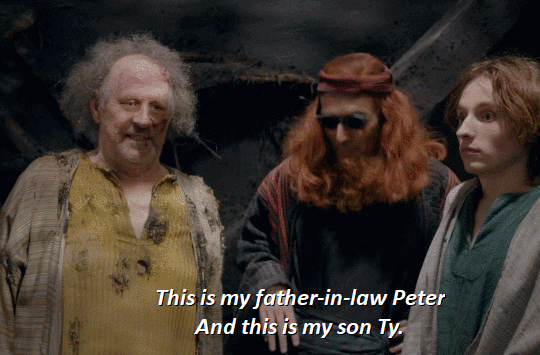
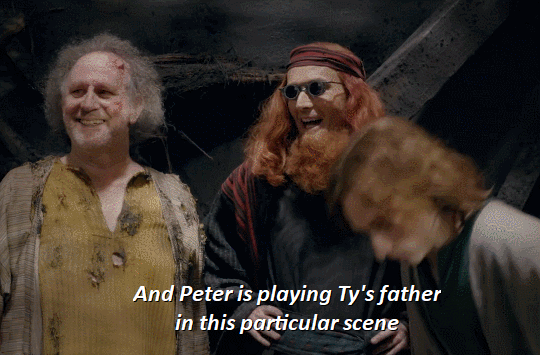
Good Omens
Behind the scenes of 2x02
#You can find the behind the scenes videos on prime on x-ray#good omens#good omens 2#david tennant#ty tennant#peter davison#good omens bts#goedit#goodomensedit#mine
16K notes
·
View notes
Text




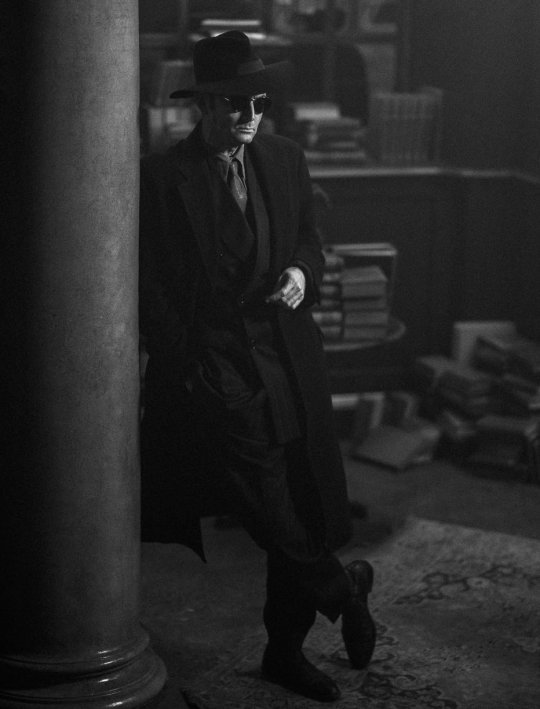
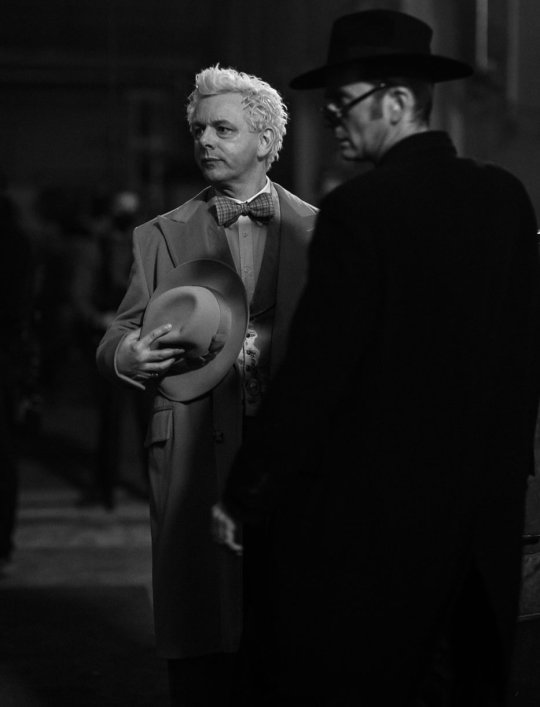
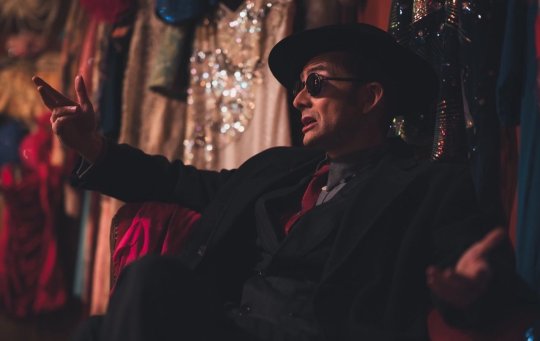


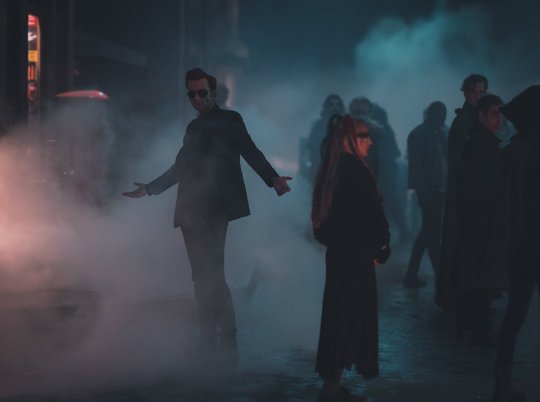



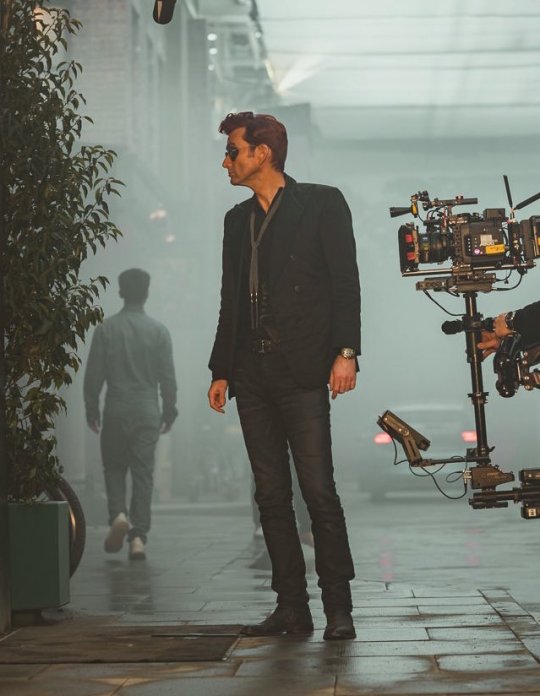


New behind the scenes photos from Good Omens s2
(source)
#good omens#crowley#david tennant#aziraphale#michael sheen#ineffable husbands#aziracrow#ty tennant#good omens behind the scenes#i didn't expect to see new photos on a random thursday but here we are!#what a blessing#long post
1K notes
·
View notes
Text
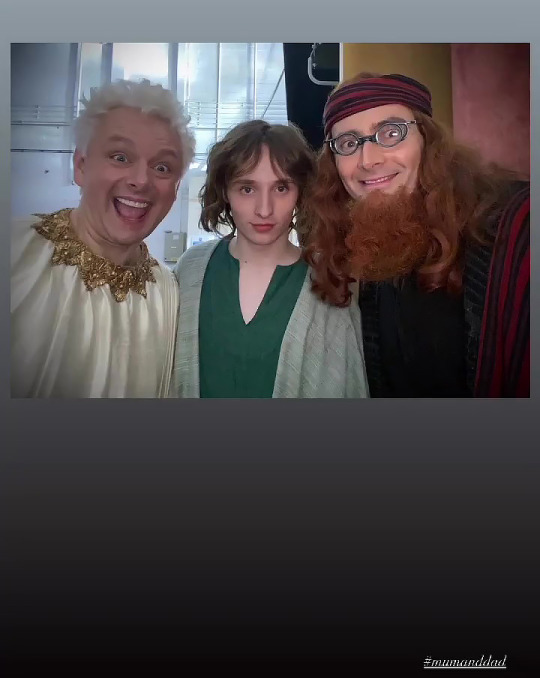
"Mum and Dad", from Georgia Tennant IG
8K notes
·
View notes
Text
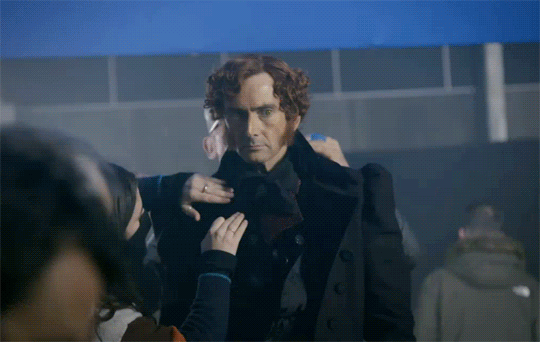
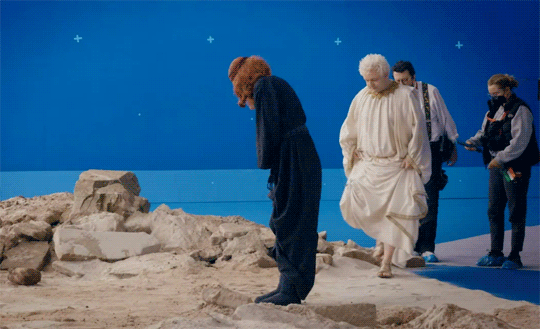
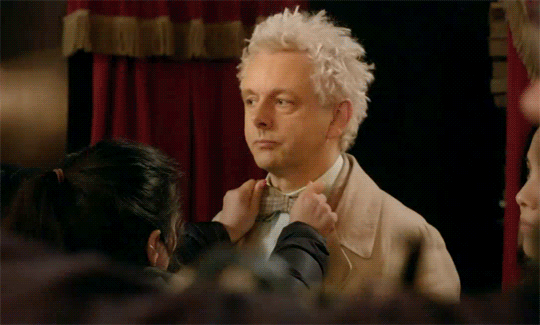
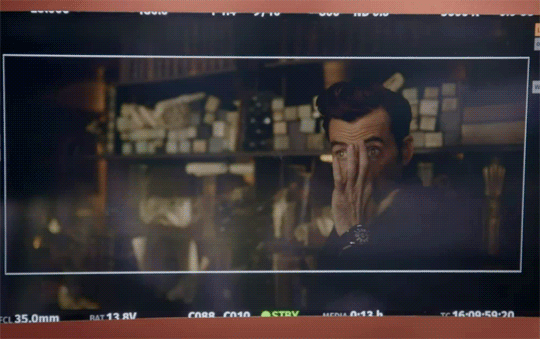
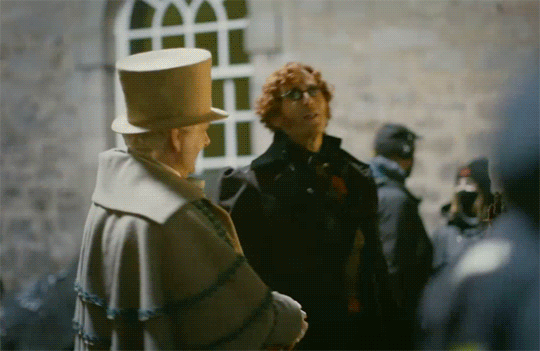
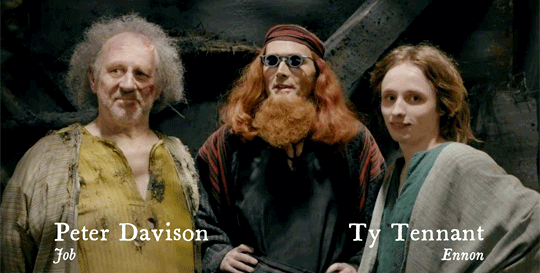
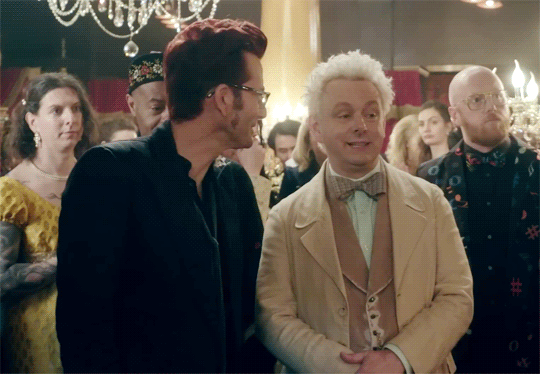
Behind the Scenes of Good Omens Season 2
from the X-Ray Bonus Features on Amazon Prime
[ Part One ] [ Part Two ] [ Part Three ] [ Part Four ] [ Part Five ]
#good omens#david tennant#michael sheen#ineffable husbands#good omens season 2#gos2 spoilers#go spoilers#good omens spoilers#peter davison#ty tennant#...and apparently we'll get more bts features on Aug 4th#I love behind the scenes stuff#yes more please#crowley and aziraphale#aziraphale and crowley#goBts#gos2#go2#stuff i posted#goBtsGifs
6K notes
·
View notes
Note
I know you just posted but can the nxt part of ur socmed au have joselito and dot have more screen time??


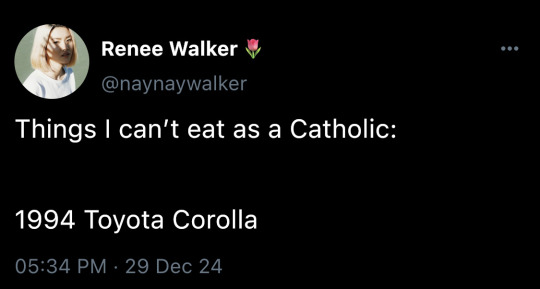

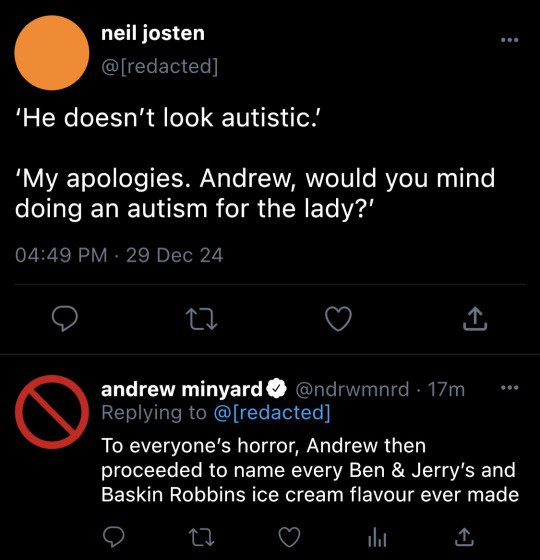
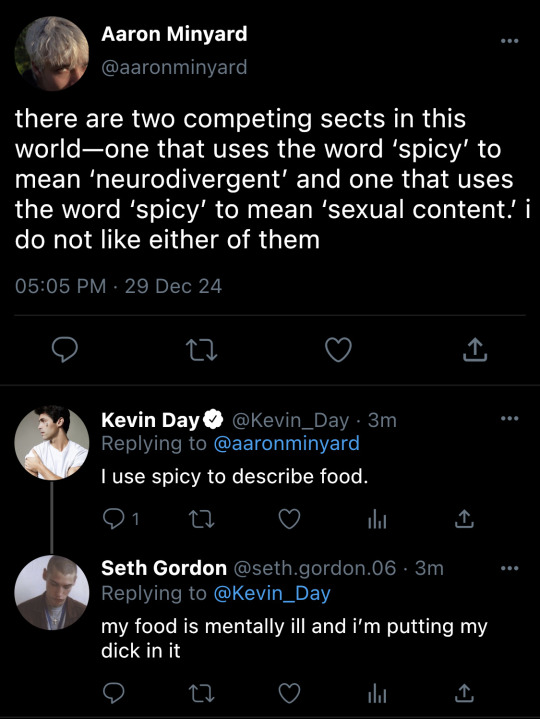
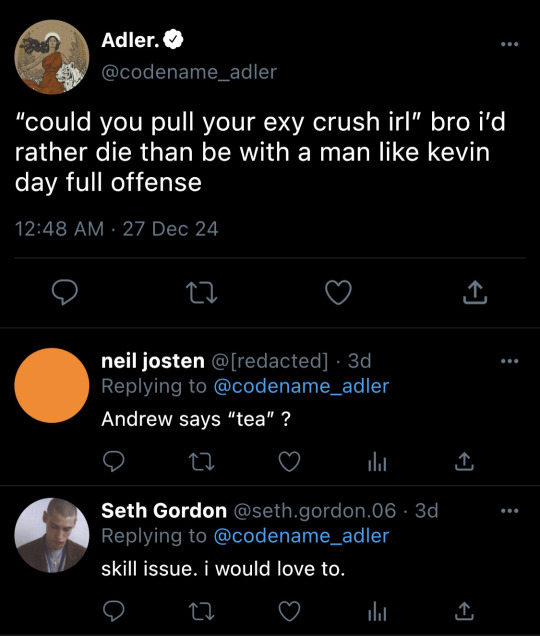

33.
i’m Mrs. Claus and i bring u the Foxes Critters bc u asked nicely. also i am there.
hi riko ur on thin fucken ice pal
-> aftg socmed au masterpost
#that’s all the christmas cheer u gonna get from me#ty anon <3#aftg socmed au#joselito the guinea pig#dot the dog#kevsethaaron#seth gordon#aaron minyard#kevin day#andreil#neil josten#andrew minyard#nicky hemmick#david wymack#robin cross#renee walker#aftg#all for the game#the foxhole court#riko moriyama#my asks#aftg ask
412 notes
·
View notes
Text
OMG!!!!!!! IT’S HAPPENED! IT’S REALLY HAPPENED!
😱😱😱
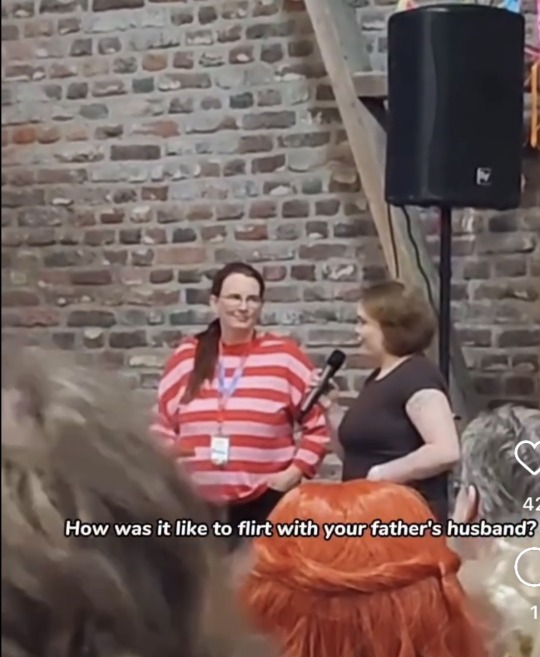
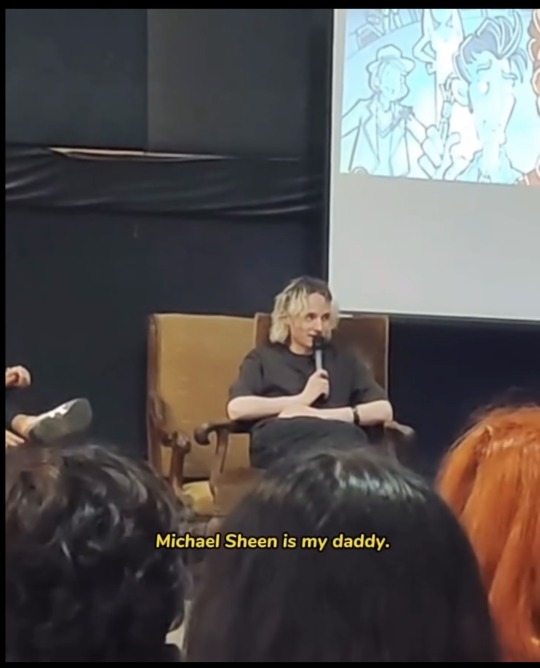
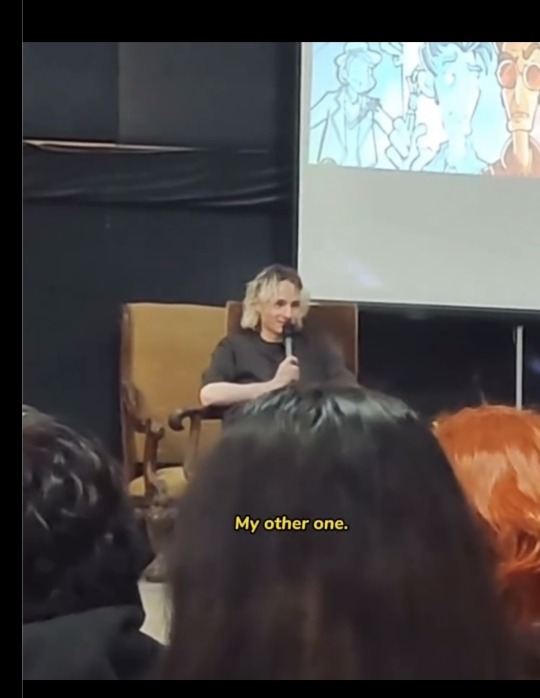
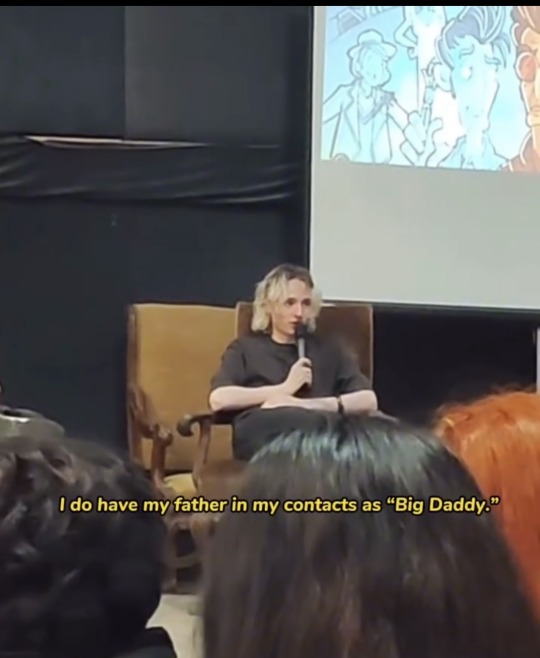
From aziracrowdaily
#good omens#david tennant#michael sheen#aziracrow#aziraley#ineffable husbands#ty tennant#my daddy#the other one#i think I’m gonna cry
1K notes
·
View notes
Text












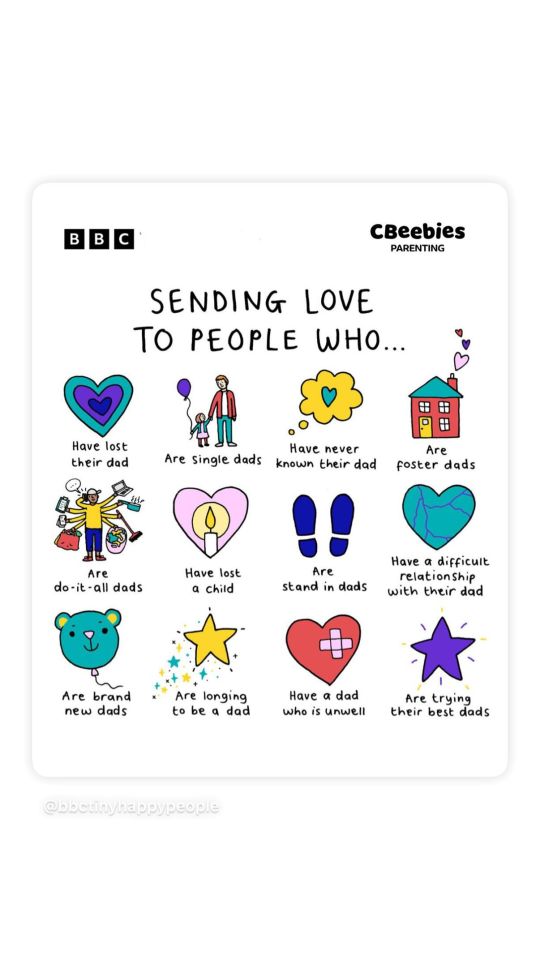
Happy father's day. ft a very feral baby Georgia and cuteness overload
#happy fathers day#to all the lovely dads in the world who actually put in the work to earn it#to the kids who got the best dads#and to those who dads weren't there growing up#or were just generally shi++y#to those who had a messy relationship with their dads#to the ones who are new to being a dad#to the ones who lost a dad or lost a kid#to fathers and father figures.#georgia tennant#david tennant#and their 700 kids#georgia's unhinged insta stories#georgia tennant instagram#georgia's chaotic insta posts#good omens#bbc staged#doctor who#peter davison#ty tennant
194 notes
·
View notes
Text

The season's second episode features appearances from both David's son Ty and his father-in-law Peter Davison, with the latter play biblical figure Job and the former playing his son Ennon.
However, David has revealed that he didn't find out about Ty's casting until after the fact, when he was shooting on the new season.
Speaking with Variety, David said: "I don't know how that happened. I do a bunch of self-tapes with Ty, but I don't think I did this one with him because I was out of town filming Good Omens. He certainly wasn't cast before we started shooting. There were two moments during filming where Neil [Gaiman] bowled up to me and said, 'Guess, who we've cast?'"
David continued: "Ty definitely auditioned and, as I understand it, they would tell me, he was the best. I certainly imagine he could only possibly have been the best person for the job. He is really good in it, so I don't doubt that's true.
"And then my father-in-law showed up, as well, which was another delicious treat. In the same episode and the same family! It was pretty weird. I have worked with both of them on other projects, but never altogether."
#good omens#gos2#season 2#david tennant#ty tennant#peter davison#david and ty#david and ty and peter#interview#david interview#job's minisode#2ep2#fun fact#bts#s2 interview
4K notes
·
View notes
Text
THE LITTLE HEAD KISS I CANT AHHHHHHHH
#ty tennant#david tennant#good omens#crowley#aziraphale#michael sheen#georgia tennant is a queen#anna lundberg#ineffable husbands#niel gaiman
1K notes
·
View notes
Text
Ty Tennant woke up one day, came on set and said "Dad, you're not being gay properly. Let me show you how it's done." and the rest is history.
#good for him tbh#good omens#good omens 2#good omens s2#good omens season 2#good omens season two#aziraphale#crowley#aziracrow#ineffable husbands#ty tennant#david tennant#michael sheen
4K notes
·
View notes
Text

I hope this hasn‘t been done yet lmao but this came to me in a moment of weakness and I had to do it.
#the only form of nepotism I support 🧎🏻#Ty Tennant#Theo Darby#te hinekahu#matewa kiritapu#taika waititi#rhys darby#David Tennant#Michael sheen#Good Omens#our flag means death#ofmd#nepotism#lgbtq#Lgbt
3K notes
·
View notes
Text

#drdt#danganronpa despair time#xanvid#xander matthews#david chiem#dont look at my background skills ty
303 notes
·
View notes
Text
Themes of Implicit Submission in The Hunger Games (Book One)
I’ve just finished re-reading The Hunger Games (book one) and there are a few themes that I expect SOTR will develop based on Hume’s implicit submission theory. Specifically, these are the main six tactics I believe the Capitol uses to thwart another rebellion present in the first book alone:
Societal Pressure:
District 12 has a “keep your head down” culture. Any talks of rebellion are frowned upon. Any anti-government statements will cause social repercussions. It’s not just Katniss rolling her eyes at Gale in the woods, it’s how she has been groomed by the culture to keep quiet about the issues pervading life in the district:
“When I was younger, I scared my mother to death, the things I would blurt about District 12, about the people who rule our country, Panem, from the far-off city called the Capitol. Eventually, I understood this would only lead us to more trouble. So I learned to hold my tongue and to turn my features into an indifferent mask so that no one could ever read my thoughts. Do my work quietly in school. Make only polite small talk in the public market. Discuss little more than trades in the Hob.… Even at home, where I am less pleasant, I avoid discussing tricky topics. Like the reaping, or food shortages, or the Hunger Games. Prim might begin to repeat my words and then where would we be?” (p.6)
All of this proceeds the statement:
“Even here, in the middle of nowhere, you worry someone might overhear you.” (p. 5)
Under this point, it is also telling that during the reaping ceremony, Katniss says the “boldest form of dissent [the audience] can manage,” is silence. Not outrage, not yelling, not like district 11, but silence (p. 24).
2. Division between Classes
The Capitol has created conflict within the districts to draw hatred to a local target. In the case of the first book, Gale remarks tesserae is a tactic to keep them divided.
“Gale knows his anger at Madge is misdirected. On other days, deep in the woods, I’ve listened to him rant about how the tesserae are just another tool to cause misery in our district. A way to plant hatred between the starving workers of the Seam and those who can generally count on supper and thereby ensure we will never trust one another. “It’s to the Capitol’s advantage to have us divided among ourselves,” he might say if there were no ears to hear but mine.” (p. 14)
Interestingly, tesserae is already known as the “courtesy of the capitol” as stamped on Haymitch’s shorts in SOTR. The Capitol markets tesserae as something it does out of goodness. It attempts to make itself seem well-intentioned via the distribution of necessary goods. It’s their courtesy, after all.
This point also includes the division between the districts. In the games, Katniss remarks how allying with the careers is essentially traitorous.
“No one from District 12 would think of doing such a thing! Career tributes are overly vicious, arrogant, better fed, but only because they’re the Capitol’s lapdogs.” (p. 162)
By treating certain districts better, the Capitol promotes distrust between the districts, dampening potential unionization with planted hatred. By choosing favorite children, the parent that is the Capitol forces the districts to fight.
3. Weaponized Language
The name of the Treaty of Treason, the treaty that makes the Hunger Games necessary per the law, is definitive of how the districts are forced to see themselves. They are the ones who committed treason by rebelling, and therefore they are guilty. They must repent by sending the children to the games. The permanent treaty, read during every reaping ceremony, enforces the guilt the districts are supposed to feel. In turn, the fact it is a “treaty” means the districts must have agreed to and signed it. Regardless of the circumstances around the signing of the treaty, the capitol then has the ability to wave it over their heads henceforth.
The name itself points a finger and keeps the districts forever at fault.
Furthermore, the fact Katniss is referred to by her district number until and even after she is given something to remember her by (the fire) further dehumanizes the tributes. During the parade, she says the citizens of the capitol have liked her and Peeta enough to "read the program" and learn their names (p. 70).
There are many more examples of villainizing and dehumanizing language in the book, but I have chosen those examples for the sake of brevity.
4. Propagandizing Education
A major theme in many dystopian novels is how the system treats education. In District 12, Katniss tells the reader:
“Besides basic reading and math, most of our instruction is coal-related. Except for the weekly lecture on the history of Panem. It’s mostly a lot of blather about what we owe the Capitol.” (p. 42)
A weekly lecture in a school is quite a lot of time to devote to any one subject. Seeing as how the rest of their curriculum revolves around district-specific content, the weekly lecture must be mandated across all districts, likely leaving the rest up to the discretion of the district itself. The Capitol once again emphasizes how the districts were wrong. It is repeated week after week, and eventually, it becomes ingrained in the social psychology of the district.
5. Hunger and Deprivation of Needs
Continuing from the section about Katniss knows the weekly lecture must be propaganda, saying,
“I know there must be more than they’re telling us, an actual account of what happened during the rebellion. But I don’t spend much time thinking about it. Whatever the truth is, I don’t see how it will help me get food on the table.” (p. 42)
This point coincides with my second point about the division of classes. By keeping the people hungry, they are too busy thinking about the lowest rung on Maslow’s Hierarchy of Needs. They see those who have food, and they are the opposition in front of them, rather than examining the source of the problem. By keeping the people hungry, they are less likely to have the time or ability to even think about a collective uprising.
6. Limiting Flow of Information
The Capitol limits the flow of information between districts. In doing so, the districts are forced to make bridging assumptions about one another. This is revealed through Katniss and Rue’s discussion in the games:
“It’s interesting, hearing about her life. We have so little communication with anyone outside our district. In fact, I wonder if the Gamemakers are blocking out our conversation, because even though the information seems harmless, they don’t want people in different districts to know about one another.” (p. 203)
By keeping them separate, they can turn any district against another. They rely solely on the Capitol for information about other districts, and therefore the Capitol has all of the power.
Interestingly, another division between classes is shown through Peeta’s knowledge about other districts. He knows the different types of bread from the districts, implying the merchant class may have more access to information than those of the seam, leading to further division between classes.
All in all, these are the themes I expect to be addressed in SOTR based on the pretense of implicit submission.
See Catching Fire's themes here
See Mockingjay's themes here
#this is long ty for reading#can you tell im so excited for sotr#i tried to format it well#hope it worked im still fairly new to tumblr haha#the hunger games#sunrise on the reaping#thg#haymitch abernathy#catching fire#mockingjay#peeta mellark#katniss everdeen#sotr#implicit submission#david hume#essay#president snow#thg series#hunger games#thg philosophical essays
217 notes
·
View notes